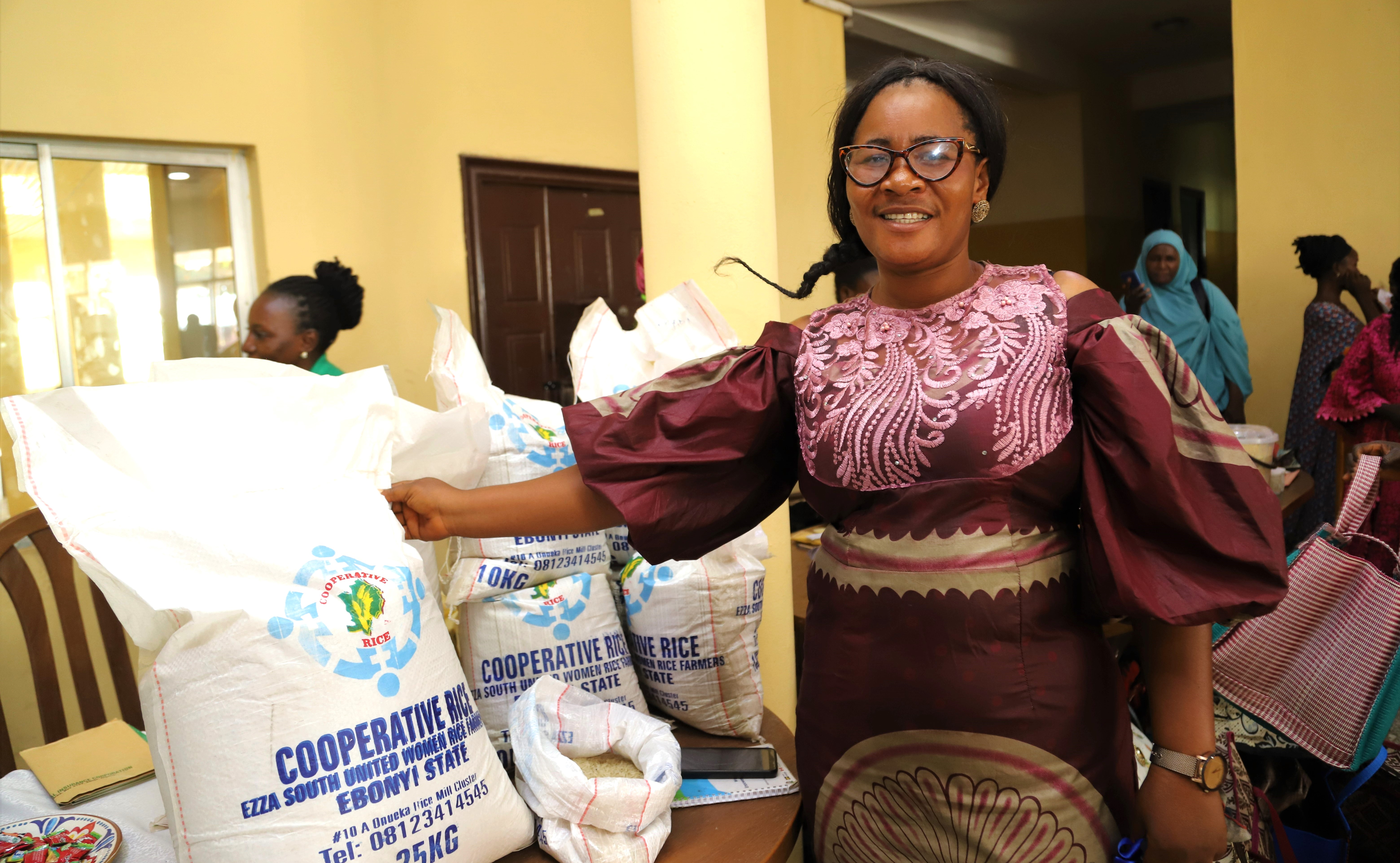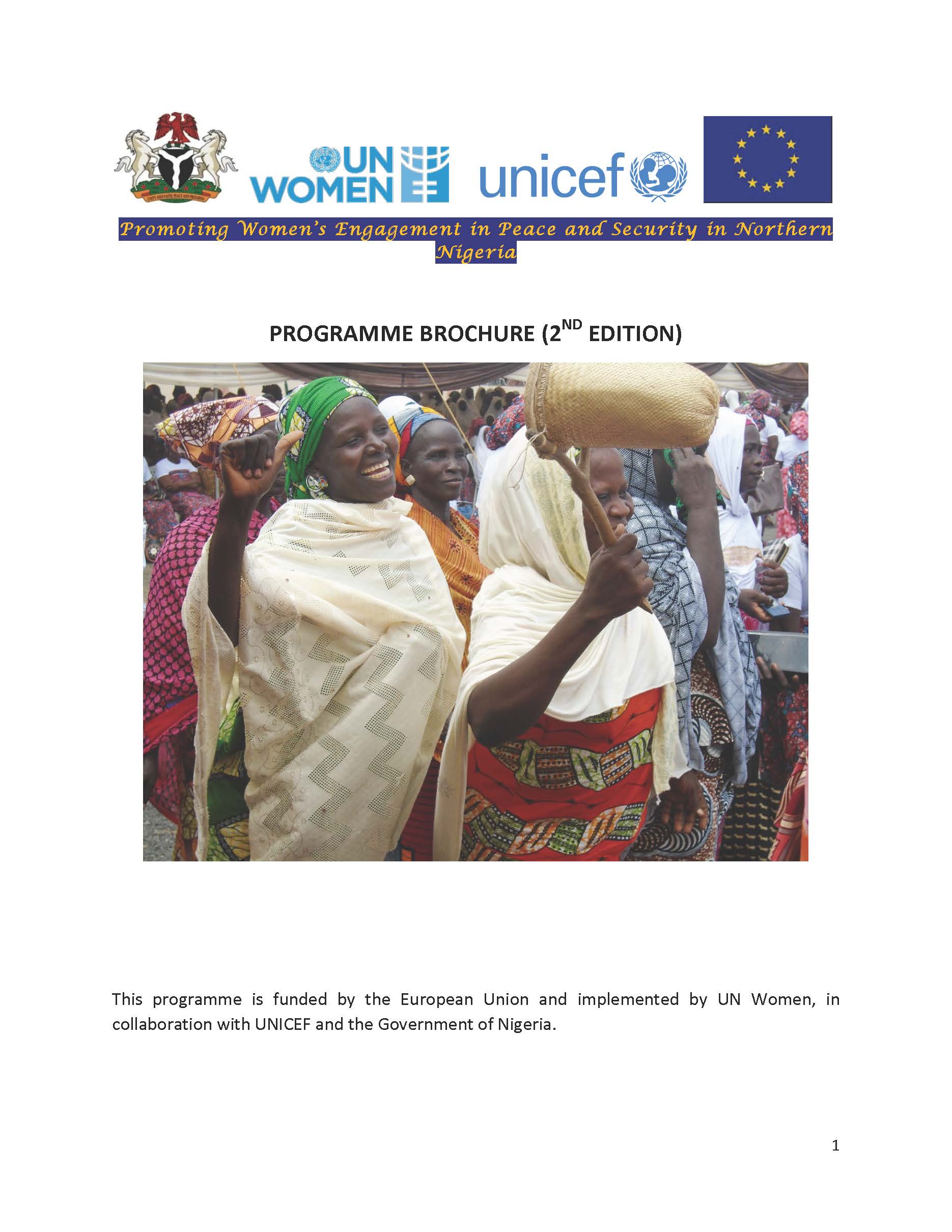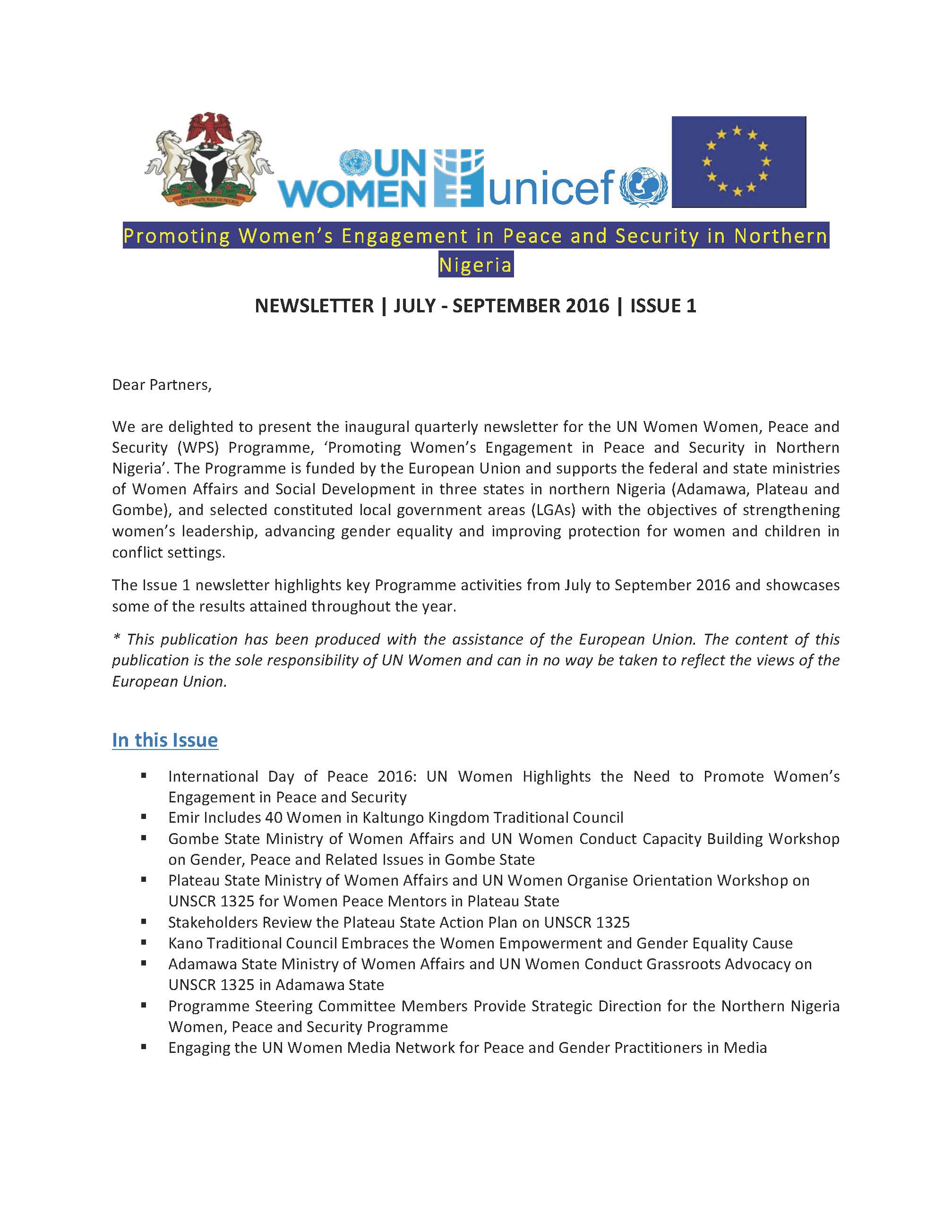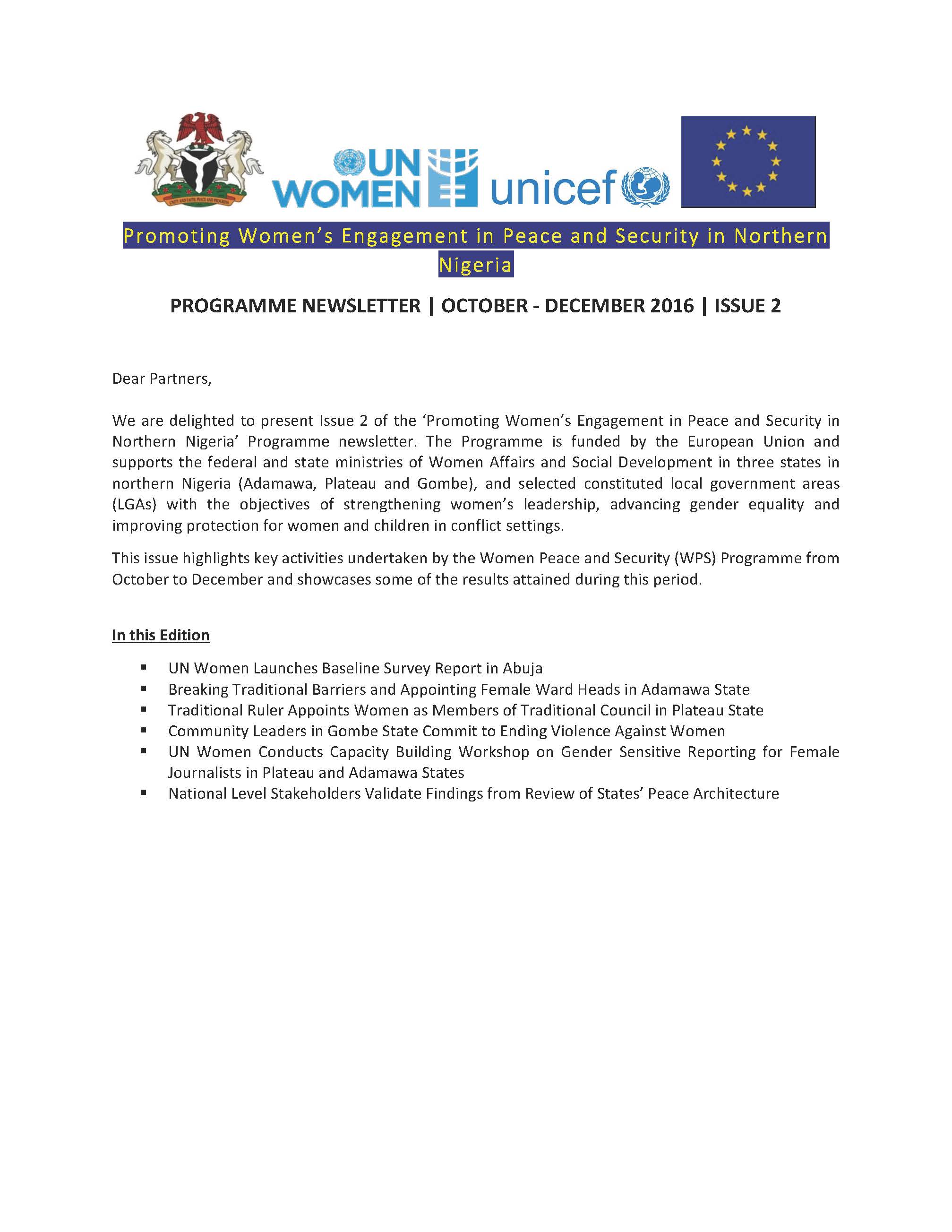
Women Economic Empowerment (WEE)

Women play significant roles as workers, entrepreneurs, and service providers, actively contributing to social and economic development. However, their economic and human rights, as well as their contributions, often go unrecognized. Women face higher unemployment rates, dominate the unprotected informal sector, and typically hold part-time formal jobs in high-income regions. They also spend more time in unpaid care work, exhibit lower productivity levels, earn less than men for equivalent work, and are poorly represented in economic decision-making roles.
It's crucial to involve women fully in shaping responses to these interconnected crises, influencing recovery package designs, and ensuring equal participation in economic decision-making at all levels. Empowering women economically isn't just morally imperative but also makes economic sense. Research shows that boosting women’s economic participation improves national economies, household productivity, living standards, and overall well-being.
In Nigeria, UN Women is actively promoting affirmative procurement policies and laws to support women-owned businesses. This initiative targets governance institutions and the private sector to enhance their capacity in implementing such policies, aligning with the National Policy on Women’s Economic Empowerment launched by the Nigerian government in 2023.
To address root causes of gender inequality, including unequal division of labor, discriminatory laws, exclusionary policies, constrained bodily integrity, and climate change, comprehensive policies and reforms are needed. These include recognizing and reducing unpaid care work, ensuring equal opportunities in employment, implementing equal pay for equal work, supporting women's transition from informal to formal employment, and enacting laws to eliminate workplace harassment and violence.
Other measures include gender-responsive macroeconomic policies, tax reforms, social protection systems, and initiatives to increase women's participation in green economies and climate action. These efforts aim to reduce poverty, achieve full employment and decent work, and realize women's economic rights and decision-making autonomy.
• Women’s Economic Empowerment through Digitally Supported Climate Smart Agriculture
This flagship initiative promotes women’s access to land by advocating for policies and legislative frameworks that enhance women’s access and ownership of productive resources. the initiative aims to close the gender gap in agricultural productivity and income by increasing access to climate smart, productive resources, including land, improved technology, extension, financial services, and markets for women smallholder farmers’ cooperatives and agribusiness groups engaged in several agricultural value chains.
• Affirmative Procurement Reforms
UN Women aims to enhance the access of women-Owned and led businesses to both public and private sector procurement by supporting reform and institutional strengthening. Additionally, it seeks to bolster the development of gender-responsive procurement initiatives within COVID-19 response strategies. The project endeavors to fortify public policies and private practices to cultivate an environment conducive to the participation and contribution of Women's Small and Medium Enterprises (WSMEs) to Nigeria's economy.
• Rural Women’s Empowerment through the integration of Biogas production
UN Women aims to empower rural women and enhance their resilience to the impacts of climate change. It seeks to achieve this by reducing their reliance on biomass energy sources, thereby decreasing their time poverty and exposure to household air pollution. Additionally, the initiative aims to diminish the environmental footprint and greenhouse gas emissions associated with their energy consumption and land use practices. Furthermore, it aligns with the Government of Nigeria’s sustainable development objectives while improving the well-being and resilience of women and their communities.
Primarily addressing SDG 13, the project enhances the resilience of rural households and communities to climate shocks and contributes to climate change adaptation and mitigation efforts. Moreover, it supports the goal of universal access to modern, affordable, and reliable clean energy (SDG 7), promotes gender equality and the empowerment of women and girls (SDG 5), and contributes to several other SDGs including SDG 2, 3, and 8.
• Social Protection
UN Women promotes the adoption of gender-responsive macroeconomic policies in collaboration with the Government of Nigeria and International Financial Institutions (IFIs). This includes advocating for progressive tax reforms that take gender considerations into account and advocating for gender-responsive public investment and financing frameworks. UN Women works towards the adoption and implementation of international labor standards at the national level, ensuring that these standards are inclusive and promote gender equality.
• Our partners
In addition to our UN partners (ILO, UNIDO and FAO), UN Women collaborates with women entrepreneurs and business associations, and key government entities, including the Bureau of Public Procurement (BPP) (which leads on public procurement) at the national level and the Kaduna State Public Procurement Authority and the Lagos State Public Procurement Agency; the Small and Medium Enterprise Development Agency (SMEDAN) (supports enterprise development), Legislative assemblies (federal and state) (enabling policies and laws); state governments and local authorities (for infrastructural support); Abuja Enterprise Agency and Standards Organization of Nigeria (SON). UN Women collaborated with African Development Bank, Affirmative Finance Action for Women in Africa (AFAWA), Women Entrepreneurs Finance Initiative (We-fi), Stanbic IBTC, the Chartered Institute of Purchasing and Supply (CIPSMN) and the Central Bank of Nigeria, Bank of Industry, and their private sector intermediaries on access to financing.


